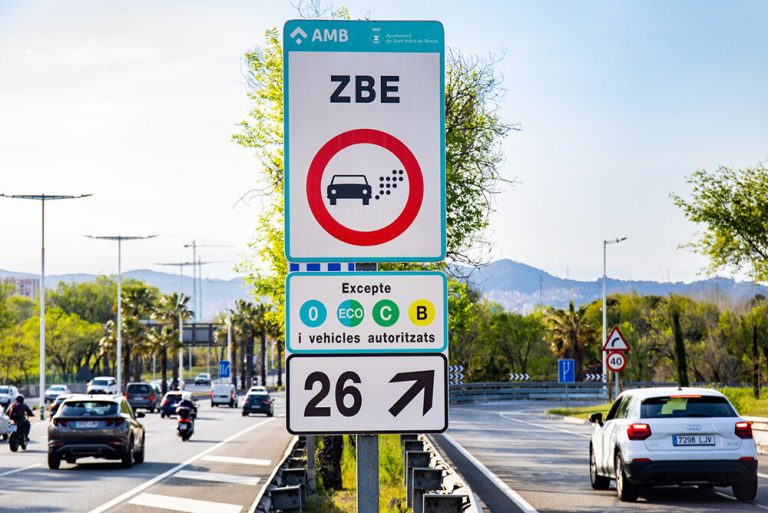A new paper in Atmospheric Environment suggests that wood-fired ovens in Sao Paulo are highly contributing to air pollution. The city is already switching to biofuels, but this new finding could present a setback for Sao Paulo’s green initiatives.
Sao Paulo is the world’s fifth largest metro area with 21 million inhabitants and it is considered as the financial capital of Brazil. The city often struggles with pollution, mostly caused by its seven million vehicles driving around its streets. Nonetheless, the city has pointed out this problem and has made efforts to switch its vehicle fleet to biofuels.
However, Sao Paulo’s arguably second passion, with the first being football, could be endangering the city’s green policies. There are about 8000 pizza parlors that produce close to a million pizzas a day. As delicious it may sound, these ovens pose a big problem for the city, using around 307 000 tons of wood each year. These numbers represent a significant source of harmful particulate pollution in the city.
Prashant Kumar, from the University of Surrey, argues that steakhouse barbecues and wood-fired pizza oven emissions in Sao Paulo are enough to negate the positive effects of the city’s new biofuel policies. In 2015, a small town in Italy, San Vitaliano, banned traditional pizza ovens in restaurants, also over air-pollution concerns.

Surely, very hot ovens (around 1200 Fahrenheit degrees) can make really delicious pizza with an extra crispy crust. However, the pizzeria chimneys are much closer to the ground than taller smokestacks from factories and power plants. All the ground level chimneys from pizzerias in Sao Paulo add up and can have a big impact on local health.
Nonetheless, there are technologies such as filters or catalytic exhaust purifying systems that can help clean up restaurant pollution. These technologies could have a positive effect cutting smog in Sao Paulo. Unfortunately, these needed technologies aren’t currently as popular as public transportation policies.
Source: Vox , ScienceDirect
Photo: Revista de guste, Nature






